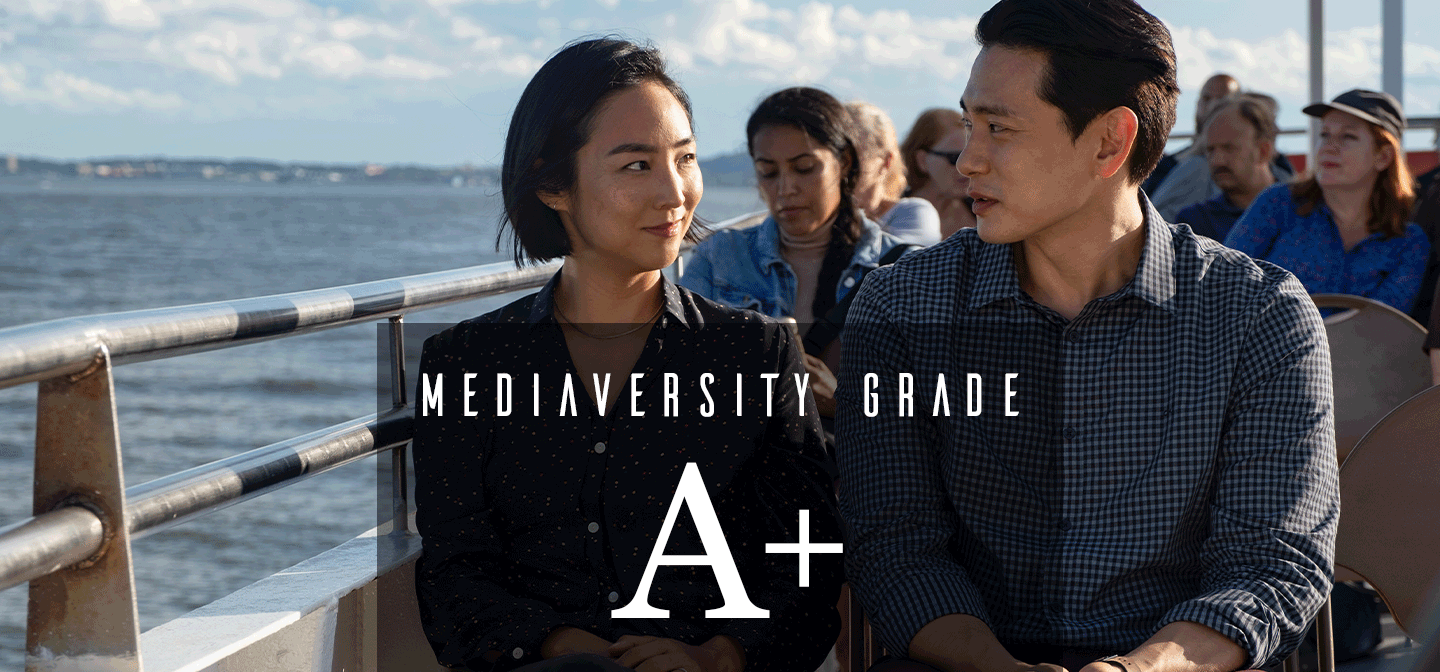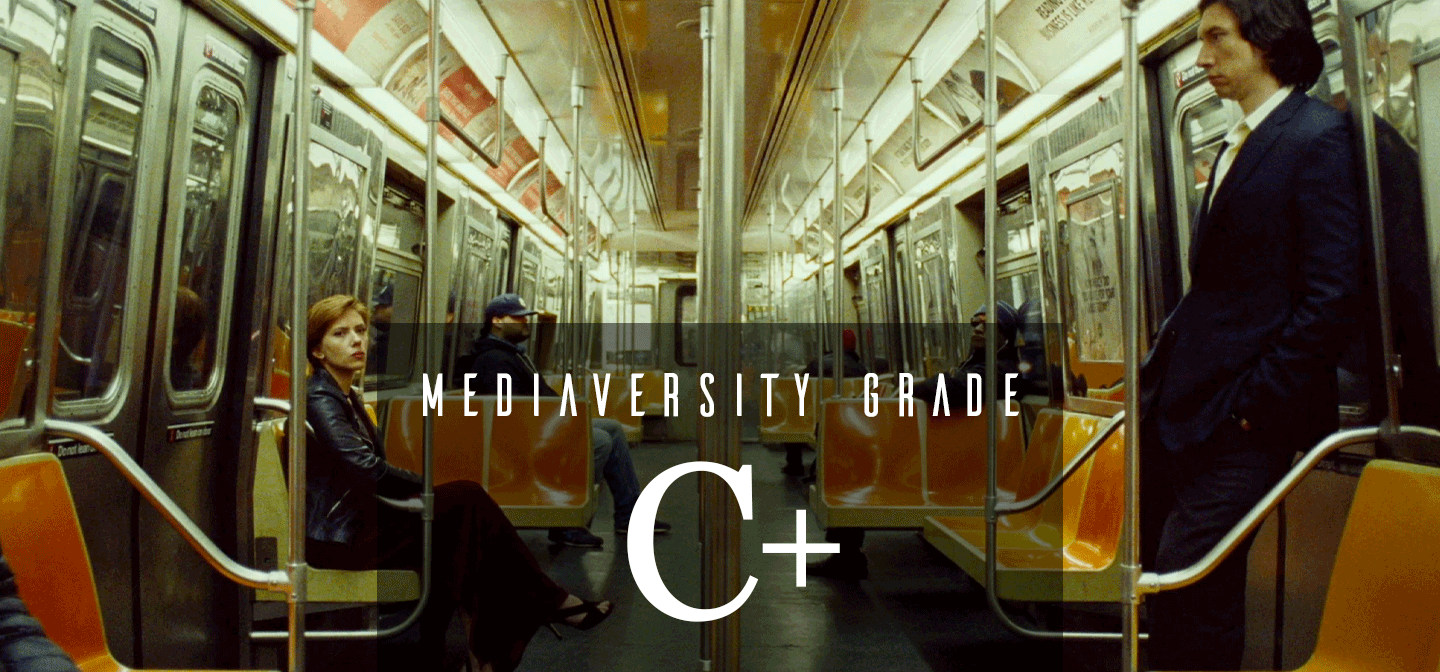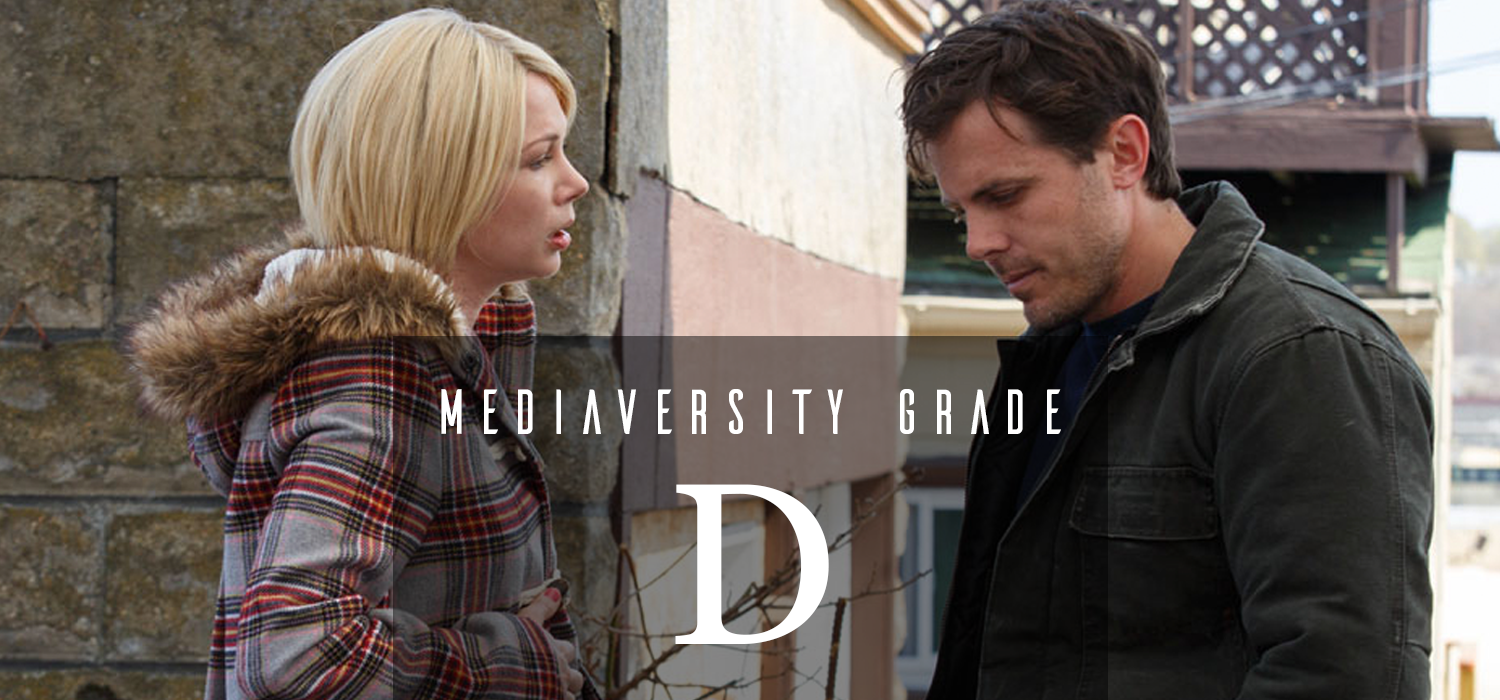The Sun Rises On Us All
“The Sun Rises On Us All demonstrates an intimacy with women’s experiences around healthcare and fertility, with certain moments feeling plucked from my own life.”
Title: The Sun Rises On Us All (2025) / Chinese: 日掛中天
Director: Cai Shangjun 👨🏻🇨🇳
Writers: Cai Shangjun 👨🏻🇨🇳 and Han Nianjin 👩🏻🇨🇳
Reviewed by Li 👩🏻🇺🇸
Technical: 3.75/5
Cai Shangjun’s Chinese film The Sun Rises On Us All received its North American premiere at Toronto International Film Festival earlier this afternoon. It centers around a reunion between two ex-lovers, Meiyun (Xin Zhilei) and Baoshu (Zhang Songwen), who encountered immense tragedy as young adults.
The drama beautifully explores themes of grief and sacrifice, but its wrenching stories of loss (and loss, and more loss) can feel unrelenting, making the viewing experience oppressive at times. The main characters try their best to stay afloat in this downtrodden world. 36-year-old clothing store owner Meiyun and Baoshu, who’s left prison only to find himself with Stage IV cancer, begin the film with petty fights and simmering resentment. Their uneasy relationship morphs into something bittersweet, even tender, as the two navigate years of regret and strive to find a path forward.
Throughout, the cinematography effectively conveys this challenging atmosphere. Claustrophobic interiors and crowded rooms make you feel like the walls are closing in on you. In one scene, Meiyun and Baoshu literally get trapped in a broken elevator together. The heat is palpable—large bites of crisp watermelon and a summer rainstorm add to the humid setting. Cai and director of photography Kim Hyunseok wildly succeed in delivering a mood, and it’s compelling to watch Meiyun and Baoshu struggle against some of life’s cruelest indifferences. That being said, my main takeaway by the end of the film was a sense of bleakness.
Gender: 4.25/5
Does it pass the Bechdel Test? YES
Written by Cai and his female co-writer, Han Nianjin, and centering around a female lead, The Sun Rises On Us All demonstrates an intimacy with women’s experiences—specifically, with healthcare, fertility, and pregnancy loss. Scenes at the hospital have a grounded quality to them, delivered through perfunctory ultrasounds and waiting rooms. Certain moments felt plucked from my own life: that ravenous, lightheaded feeling of being in your first trimester; the sheer anxiety of getting inconclusive results about your baby’s viability; the immediate aftermath of pregnancy loss while people swarm around you on a busy sidewalk, oblivious to your pain.
Through these ups and downs, Meiyun’s character journey is entirely her own. But the plot does progress via the comings and goings of two men: her current boyfriend, Qifeng (Feng Shaofeng), and her ex Baoshu. With so much of the film’s drama centering around Baoshu’s reappearance in Meiyun’s life, it leaves little room for other women to appear in her life.
Race: 5/5
As mentioned, one of the chief accomplishments of The Sun Rises On Us All emerges through Kim’s world-building. He reveals in notes shared with the press that “Instead of using traditional white bounce fabric … we opted for blue, green, and warm grey fabrics to represent the dominant tones of Guangzhou’s urban palette.” This careful, authentic approach comes through brilliantly.
Bolstered by its immersive setting, Cai takes a raw, quotidian look at contemporary, working-class China. Lively evenings of badminton and aerobic exercises spontaneously dot the streets after the sun goes down. A garment factory on the verge of bankruptcy finds just one or two workers inside an enormous warehouse, the lone employees surrounded by dystopian piles of fabric cuttings and crushed cardboard boxes. Dismal hospital scenes full of jaded medical workers; chirpy livestreams selling the latest fashions; and a real estate agent showing Meiyun and Baoshu around for a new apartment all allow viewers to experience an unvarnished version of Guangzhou. More than any hamfisted attempt at telling audiences what the city is like, The Sun Rises On Us All sits back and shows us.
Bonus for Disability: +0.50
Main subplots in the film involve health issues, which are presented as the unavoidable part of life that they are. Meiyun mentions having fibroids; more central to the story is Baoshu’s cancer, as we meet the character during his hospital stay. The need for him to have a caretaker pulls Meiyun back into his orbit, launching the narrative.
Chronic illness makes up a large part of Baoshun’s character, simply by virtue of his needing to go back to the hospital for chemo treatments and informing his decision to stay in Guangzhou or move back home to Shaoguan, 150 miles away. But he isn’t defined by it—much like real people’s experiences with disability.
Mediaversity Grade: A- 4.50/5
If you can ruminate on tragedy and grief without crumbling under its weight, The Sun Rises On Us All will return your investment with interest. Between its complicated female lead, realistic take on women’s healthcare and pregnancy loss, and an impeccable portrayal of Guangzhou using both a critical eye and deep-seated warmth, there’s a lot to appreciate in Cai’s latest drama.




